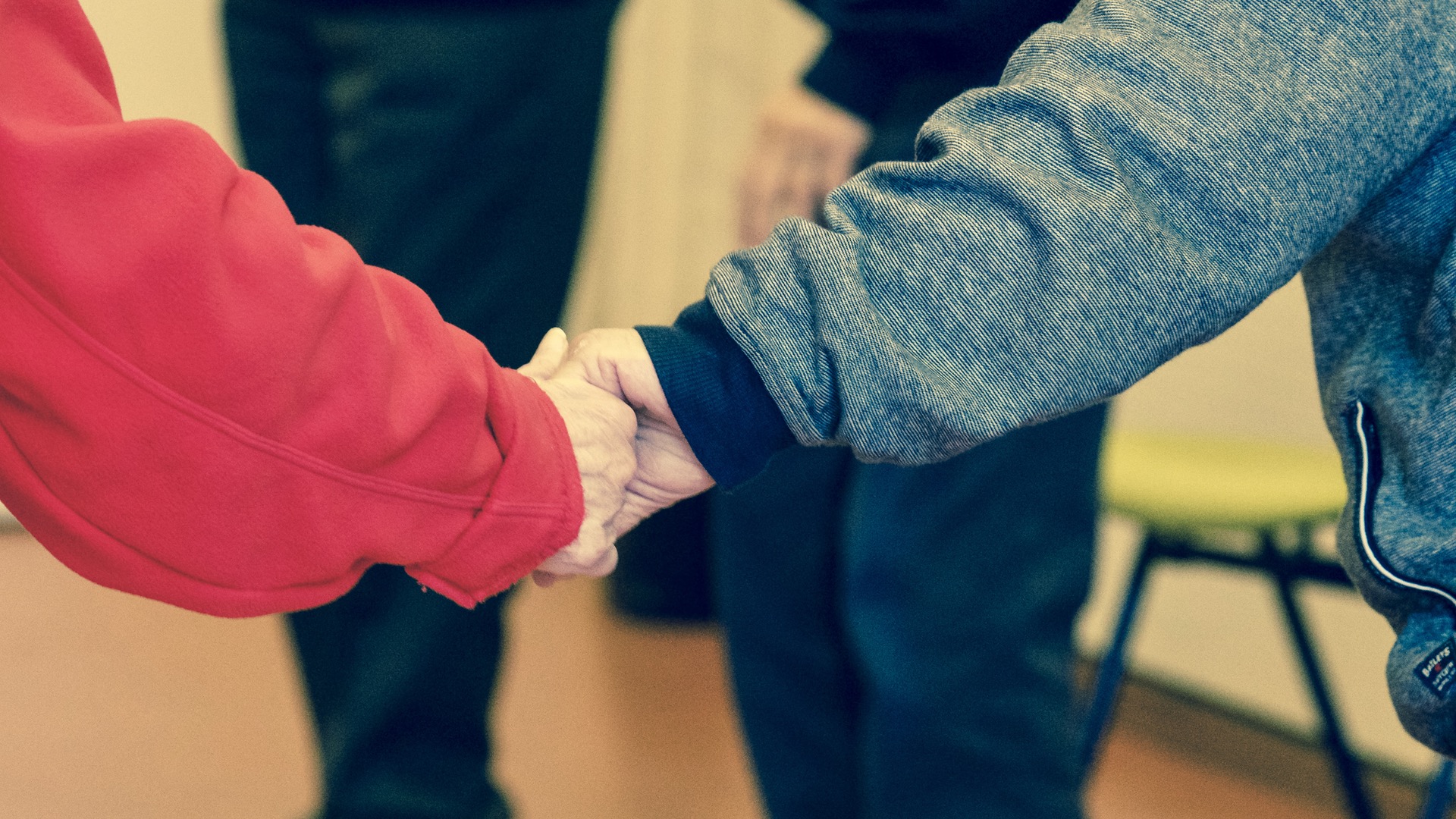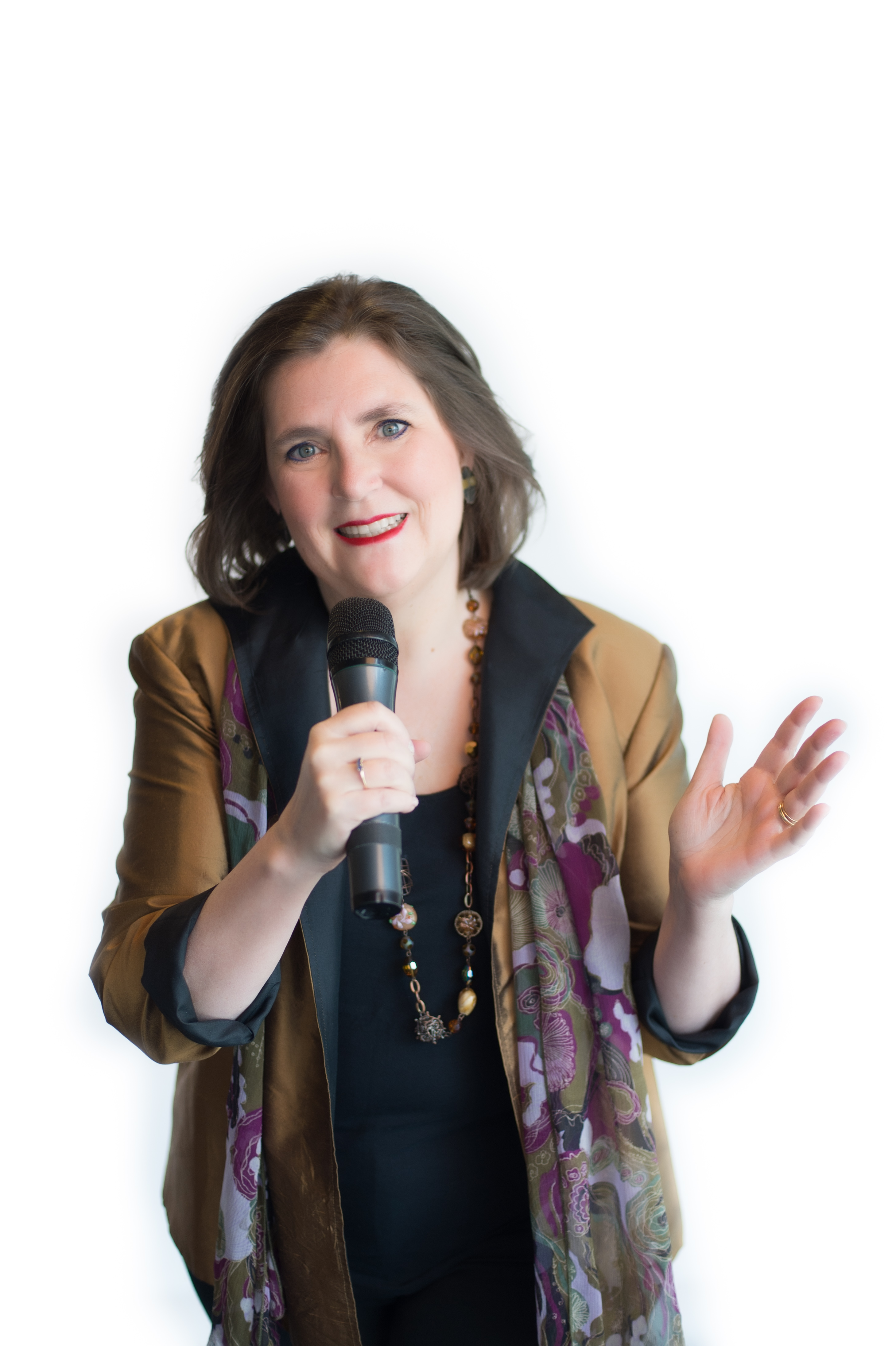| Long friendships ebb and flow, with varying levels of connection, as people’s lives change. It’s natural. My best friend and I have been friends for 37 years. First, we were both single, dating roommates. She married hers and I broke up with mine after 2 weeks. We have known each other’s families for decades. We make inside jokes and have had thousands of conversations on every topic. We drove across the country together twice and spent summer vacations in Maine. I was still single and dating when the three of us moved to California together. Later, we all moved back East and they had a son, my godson. I married an artist but we didn’t have children. Our careers were in different fields. We both lost loved ones over the years, including husbands after an illness. Now we are both widows in new relationships again. Every change required an adjustment in our friendship. She had a son, my godson, and we had no children. I didn’t know about classes, after-school activities or finishing homework. For a while, she spent more time with other parents with whom she had that in common. When I married, we lost alone time together as friends. As couples, we rubbed along less comfortably, held together mostly by our friendship. Our spouses got along but were not natural friends. We both had to be careful about being helpful but not critical during marital spats. It’s not easy to be supportive when you don’t like how your friend is being treated. We both faced that challenge from time to time. Sometimes we saw a lot of each other and other times not, especially when we were both married or in significant relationships. After her husband died, I was there for her and she did the same for me. The steady thread was and is the love we have for each other, no matter what. When there was friction, we talked and worked it out. Every time. At other times, friends break up in the same way relationships do. Sometimes, it happens after a move, or a job change, or a death. Other times, there’s a misunderstanding which never gets sorted out. When friends move apart, especially if it’s a distance away, it takes more effort to stay connected. Who will do the work of reaching out? If nobody does, the friendship lapses. In a job change, one person might be promoted and the other gets resentful or could change to companies and have less to talk about. We all spend so much time at work that our coworkers, if we like them, are easy friendships to maintain. After I became a widow, my friends either stepped up, stepped back or vanished. Sometimes it was discomfort about their own mortality or not knowing what to say or do, afraid to get it wrong, or just too much emotion to handle. I discovered that, if I asked clearly for what I needed so my friends could deliver on my request infallibly, they always said, “Yes.” I started writing my Bad Widow blog about specific steps to communicate more effectively because I got so frustrated about being misunderstood and driving people away. It’s not unusual for friendships to end when circumstances change. Or for long-term friends to see each other less as their lives diverge, such as single/married, children/no children, near/far away. It doesn’t make them less friends, just not as connected for the moment. There are also some friends with whom you can pick up the friendship effortlessly, after years. Although this happens ALL the time, we are not taught strategies for assessing our friendships and whether they do or do not support us. We don’t learn how to communicate effectively when friction inevitably happens. And we don’t know how to rebuild cracks in our existing relationships and easily make new friends when we find ourselves in a new situation or environment. What if you didn’t wait for new friends to show up by default instead of seeking out the right ones by choice? There are 3 steps to proactively building a network of friends: > Assess your current friendships > Clarify what you want in your friendships, old and new > Fill any gaps in your personal support network All friendships are a balance of participation and contribution. We give to and receive from each other all the time. Sometimes, one person has more capacity to offer support than the other, such as after my husband died, and then the other person gives more for a while. It goes back and forth organically over time. And that’s OK. The scale doesn’t have to stay balanced all the time but if it gets too uneven, resentment grows and the friendship will break. Friends also don’t have to be everything to each other, always. I have friends with whom I go on spiritual retreats, entrepreneurial friends, work friends, social friends, business networking friends and almost everything friends. So do you. How do YOU meet new friends and maintain your existing friendships? Please share. |
How Life Affects Friendships
Navigating the inevitable turning points with your friends

